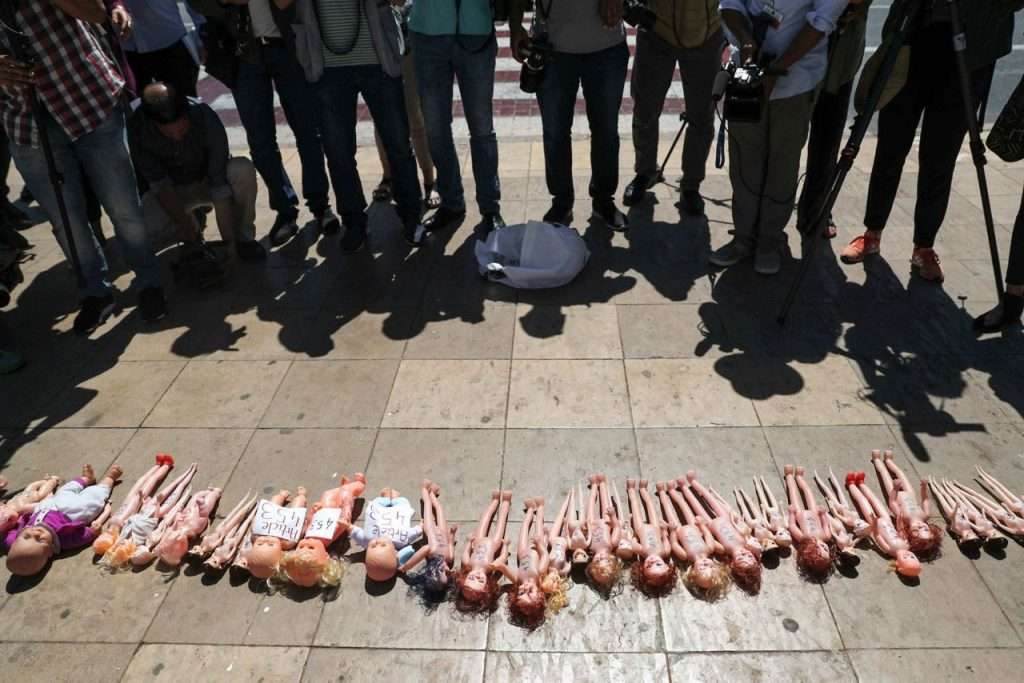Morocco: Amnesty report scolds Morocco on abortion laws

Morocco’s abortion laws force women and girls into dangerous situations, violating their human rights, according to a May 14th Amnesty International report. The publication of the Amnesty report comes as activists launch a campaign demanding the decriminalization of abortion in the kingdom.
The Amnesty report, titled “My life is ruined: The need to decriminalize abortion in Morocco,” documents the devastating consequences of abortion prohibition.
In Morocco, mothers giving birth out of wedlock or found to have undergone an unlicensed abortions face the risk of prosecution, with punishment ranging from fines to prison time, even for cases of rape-induced pregnancies.
READ: Abortion challenges for Morocco’s women
Laws prohibiting the distribution of abortion-related information also deny women the ability to make informed decisions about their pregnancies, with “inciting abortion” by any means carrying a penalty of up to two years in prison.
Medical professionals found to be performing abortions not only risk their licences being revoked but are compelled to testify as to abortions they are aware of, thus compromising patient confidentiality and safety.
Thus, many women are compelled to covertly terminate pregnancies by dangerous means and, if unsuccessful, are coerced to carry pregnancies to term while enduring the painful aftermath of failed attempts.
Purported methods include misusing pharmaceuticals, ingesting hazardous chemicals, and even physical violence, with four of the 33 women interviewed by Amnesty having required emergency medical as a result of unsafe, self-induced attempts.
On January 11th, 2012, The New York Times reported on promises by then-Prime Minister Abdelilah Benkirane to relax Morocco’s draconian abortion policy in cases of rape and incest, a U-turn from the typical Justice and Development Party (PJD) stance on moral issues.
Despite being defeated by the, ostensibly more progressive, National Rally of Independents in the country’s 2021 elections, Morocco has seen little in the way of women’s sexual health rights progress.
READ: Shocking child rape sentences spark outrage
An unnamed doctor told Amnesty: “We can’t help women. Our hands are tied. We’re frustrated because we can’t give women the help they want.”
Amjad Yamin, Amnesty’s Deputy Regional Director for the Middle East and North Africa, stated: “No state should dictate pregnancy decisions and deny women and girls essential sexual and reproductive health services including abortion that they are entitled to under international law.”
“We can’t help women. Our hands are tied,” Yamin added.
Despite multiple attempts to reach Moroccan authorities seeking their response for inclusion in the report, no reply was received at the time of publication.
Amnesty International / The New York Times
Want to chase the pulse of North Africa?
Subscribe to receive our FREE weekly PDF magazine













